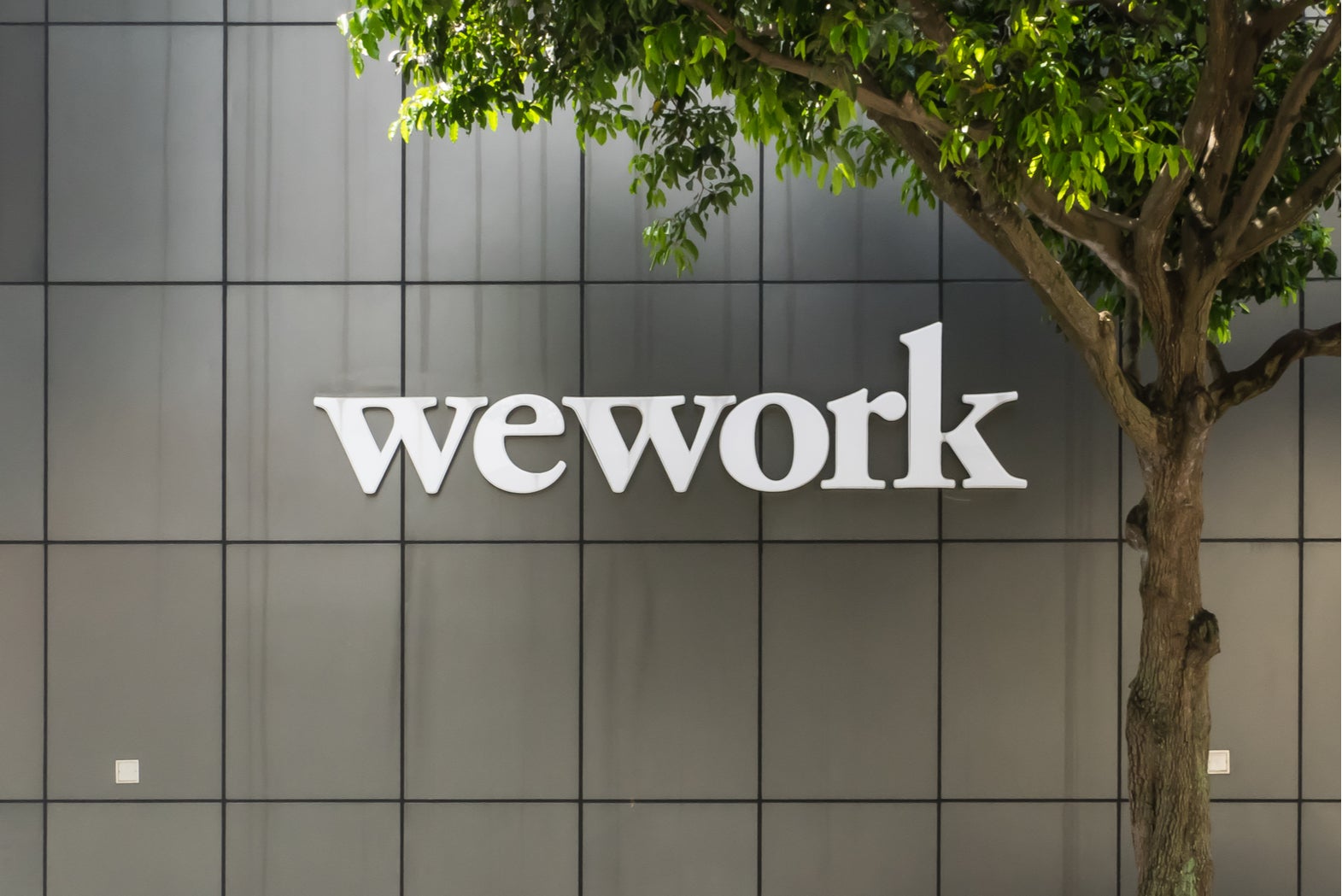
WeWork, a shared workplace company popular among technology startups and entrepreneurs, has published a prospectus ahead of its planned initial public offering (IPO) next month.
The document revealed that WeWork plans to raise at least $1bn in its IPO. However, this will likely be significantly higher depending on investor interest in the stock. The WeWork Company believes it can raise between $3bn and $4bn from the IPO.
WeWork hasn’t confirmed how many shares it will sell, or the price that it will initially list at.
However, the 350-page report did confirmed that the company has lost $4.2bn since 2016, $900m of which was recorded in the first half of 2019.
The company has admitted that it will likely continue to operate at a loss for the foreseeable future.
These losses are due to WeWork’s aggressive expansion, which is often the focus on Silicon Valley startups instead of achieving financial stability. Since launching in 2010, the company has seen its property portfolio grow to 520 offices across 111 cities.
How well do you really know your competitors?
Access the most comprehensive Company Profiles on the market, powered by GlobalData. Save hours of research. Gain competitive edge.

Thank you!
Your download email will arrive shortly
Not ready to buy yet? Download a free sample
We are confident about the unique quality of our Company Profiles. However, we want you to make the most beneficial decision for your business, so we offer a free sample that you can download by submitting the below form
By GlobalDataWeWork IPO: Investors should be wary as Silicon Valley stocks struggle
WeWork’s short-term letting of office space has proved popular in the tech industry. However, with the company offering no roadmap to profitability, Chris Beauchamp, chief market analyst for IG, believes that WeWork is embarking on “one of the most courageous IPOs of recent memory”, after witnessing the post-IPO struggles of fellow Silicon Valley startups like Uber and Lyft in recent months.
The WeWork IPO prospectus comes on the same day Uber, another Silicon Valley darling making 10-figure annual losses, saw its stock price fall to an all-time low.
Initially valued at $45 a share, Uber dipped below $42 on its first day of trading and has struggled to recover since. Despite edging back towards its IPO price last week, shares have fallen to a low of $34 today.
 Uber’s stock fell to a record low today following its May IPO.
Uber’s stock fell to a record low today following its May IPO.
This is a result of the company’s poor second quarter earnings. The company announced $5.2bn in losses and revenue of $3.17bn, both of which were worse than analysts feared. This has once again left investors questioning whether the company can achieve profitability.
“Coming on a day when Uber hits a post-listing low, the news should remind investors about the dangers of chasing over-hyped public offerings,” Beauchamp said.
“It looks like the IPO will struggle to meet expectations, and with losses up 25% YoY investors are right to be careful.”
Although, WeWork’s revenue is growing fast – the company doubled revenue to $1.5bn in the first half of the year. That is close to matching its total revenue of $1.8bn for 2018, which was also more than double the $900m revenue recorded the previous year.
Despite that, this coincides with its spiralling losses, which Beauchamp believes will inevitably force the company to search for further cash injections in the future, which could force WeWork to dilute its stock at its investors’ expense:
“Lyft, Uber and WeWork test the idea of ‘revenue only’ companies to the extreme; revenue might be rising, but if losses continue to balloon then further cash calls and dilution will be inevitable.”
Read more: Flexible working the “new normal” as technology redefines the office




